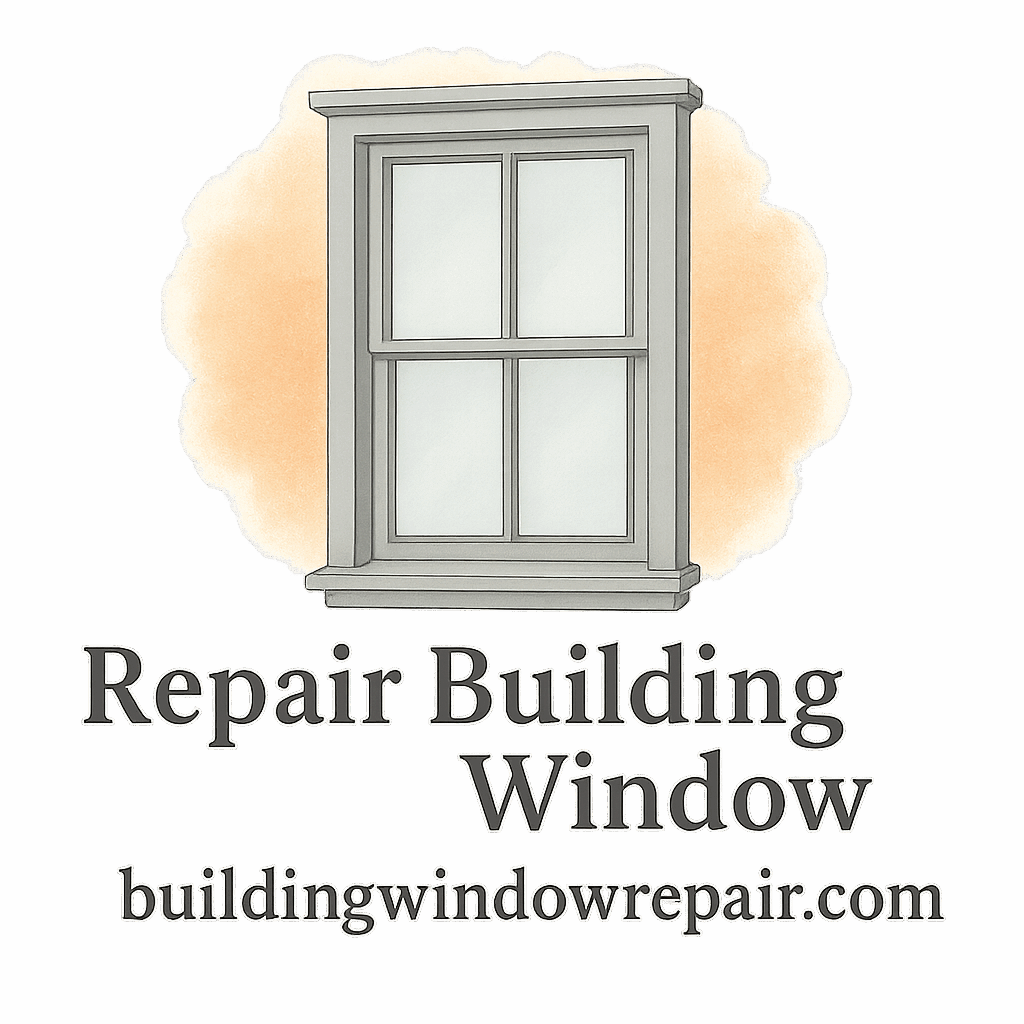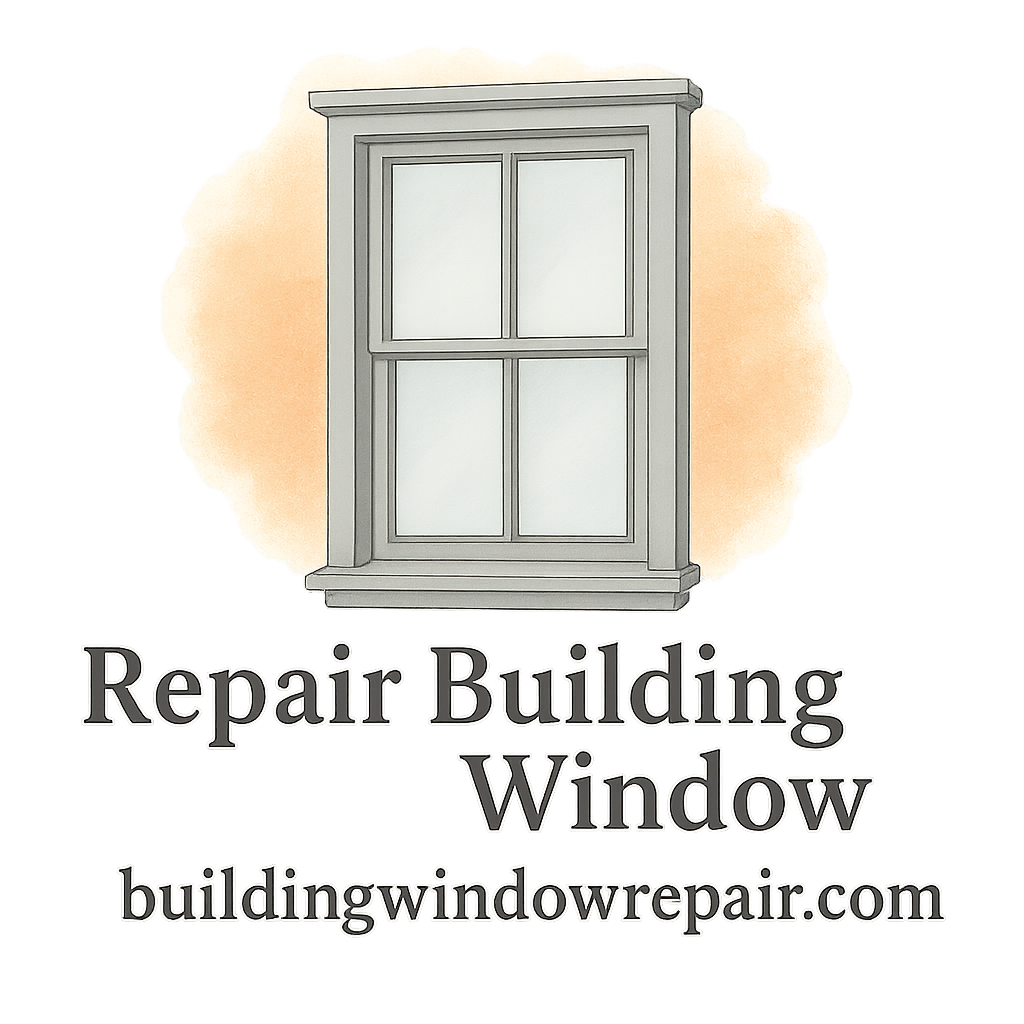Introduction to Building Window Glass Replacement
When it comes to building window repair and replacement, the type of glass you choose is just as important as the frame or installation method. Whether you’re dealing with a cracked pane, outdated windows, or upgrading for energy efficiency, selecting the right glass can make a world of difference.
In this guide, we’ll explore 12 glass types that are ideal for different situations. From traditional annealed glass to futuristic smart glass, you’ll learn the strengths, weaknesses, and best use cases for each.
If you want to dive deeper into building window care, check out maintenance tips and repair techniques.
Why Choosing the Right Glass Matters
Energy Efficiency
Glass plays a huge role in insulation and energy savings. The right choice can lower your utility bills and keep your home or office comfortable. For example, energy-saving building window solutions like Low-E and insulated glass units help regulate indoor temperature efficiently.
Safety and Security
Not all glass is created equal. Some types, like laminated or tempered glass, are designed to resist shattering and enhance security. For compliance, property owners should check safety guidelines and local regulations.
Aesthetic Appeal
Glass isn’t just functional—it’s part of your building’s personality. Tinted, obscured, and reflective glass add style while meeting practical needs.
1. Annealed Glass
Pros of Annealed Glass
- Affordable option for general use
- Easy to cut and shape for custom windows
- Provides clear visibility
Cons of Annealed Glass
- Breaks into sharp shards, which can be dangerous
- Not suitable for high-safety or high-traffic areas
Annealed glass is often used in basic residential windows, but for public buildings, safety standards usually require stronger alternatives.
2. Tempered Glass
Why Tempered Glass is Stronger
Tempered glass is heat-treated to be four times stronger than annealed glass. When broken, it shatters into small, blunt pieces instead of sharp shards.
Common Uses in Buildings
- Entry doors
- Bathroom windows
- Skylights
- Large window panels in high-traffic areas
For property owners, tempered glass is a go-to for safety compliance.
3. Laminated Glass
Safety Benefits of Laminated Glass
Made of two glass layers bonded with a plastic interlayer, laminated glass doesn’t fall apart when cracked. This makes it a top choice for security.
Noise Reduction Features
Great for urban settings, laminated glass reduces street noise, making it perfect for office towers and city apartments.

4. Insulated Glass Units (IGUs)
Double vs. Triple-Pane Windows
- Double-pane: Affordable, energy-efficient for most climates.
- Triple-pane: Superior insulation, great for extreme weather.
Best for Energy-Saving Building Windows
Insulated glass units are ideal for anyone serious about energy efficiency and lowering utility costs.
5. Low-E Glass
How Low-E Coatings Work
Low-emissivity glass has a special coating that reflects heat while allowing natural light to pass through.
Cost vs. Benefits
It may cost more upfront, but the long-term energy-saving benefits are well worth it.
6. Tinted Glass
Heat and Glare Control
Tinted glass reduces solar heat gain, making interiors more comfortable while cutting down on glare.
Style Options
Comes in bronze, gray, blue, and green shades—ideal for adding personality to your building windows.
7. Reflective Glass
Energy-Saving and Privacy Benefits
Reflective coatings act like a one-way mirror. During the day, outsiders see a mirror finish while you enjoy privacy inside. It’s also a great energy-saving option for office buildings.
8. Wired Glass
Fire-Resistance Properties
Wired glass has embedded metal mesh, making it fire-resistant and suitable for emergency exits.
Where It’s Typically Used
- Stairwells
- School buildings
- Industrial properties
This type is often part of government regulations for fire safety.
9. Obscured Glass
Privacy Applications
Perfect for bathrooms, offices, and entryways where you want light without losing privacy.
Design Possibilities
Available in frosted, patterned, or textured finishes for a stylish look.
10. Acoustic Glass
Reducing Outside Noise
Acoustic glass uses multiple layers to block sound. It’s a must for homes near highways or airports.
Ideal Locations for Acoustic Glass
- Hospitals
- Recording studios
- City-center apartments
11. Self-Cleaning Glass
How Self-Cleaning Glass Works
Coated with a special layer, this glass breaks down dirt and uses rainwater to wash it away.
Maintenance Savings
It reduces cleaning costs, making it ideal for high-rise buildings. For more insights, see maintenance tips.
12. Smart Glass (Electrochromic)
Technology Behind Smart Glass
Smart glass changes opacity with electricity, giving you control over light and privacy at the touch of a button.
Future of Building Windows
This innovative option is shaping the next generation of building window design.
Factors to Consider Before Choosing Glass
Budget Considerations
Some options, like smart glass, are pricey upfront. For cost planning, explore budgeting guides.
Compliance with Safety Guidelines
Check local regulations and safety compliance requirements before choosing.
Long-Term Maintenance Needs
Consider durability, ease of cleaning, and replacement costs to extend the life of your windows.
Expert Tips for Property Owners
- Always choose glass suited to your building’s purpose.
- Balance upfront costs with long-term energy savings.
- Don’t ignore sealants and framing materials—they’re just as important as the glass itself.
- Hire professionals familiar with the latest methods and techniques.
Conclusion
Choosing the right type of glass for your building window repair or replacement isn’t just about looks—it’s about safety, energy efficiency, and long-term value. From budget-friendly annealed glass to cutting-edge smart glass, there’s an option for every building type and budget.
If you’re a property owner, stay proactive with maintenance and regular inspections. A little care today can prevent costly repairs tomorrow.
FAQs
1. What is the most cost-effective glass for window replacement?
Annealed and double-pane insulated glass are typically the most affordable while still offering solid performance.
2. Which glass type is best for energy savings?
Low-E and insulated glass units are top choices for energy-saving building windows.
3. Is tempered glass safer than laminated glass?
Tempered glass is stronger against impact, but laminated glass stays intact even when cracked, offering higher security.
4. Can smart glass be installed in existing buildings?
Yes, but it usually requires professional retrofitting. It’s best for modern renovations and high-tech properties.
5. What glass type reduces outside noise the most?
Acoustic laminated glass is designed to block sound, making it ideal for noisy environments.
6. How do I maintain self-cleaning glass?
Minimal maintenance is required, but occasional rinsing helps. Learn more in window cleaning tips.
7. Are rebates available for energy-efficient glass replacement?
Yes, many regions offer rebates or incentives for energy-efficient upgrades.


